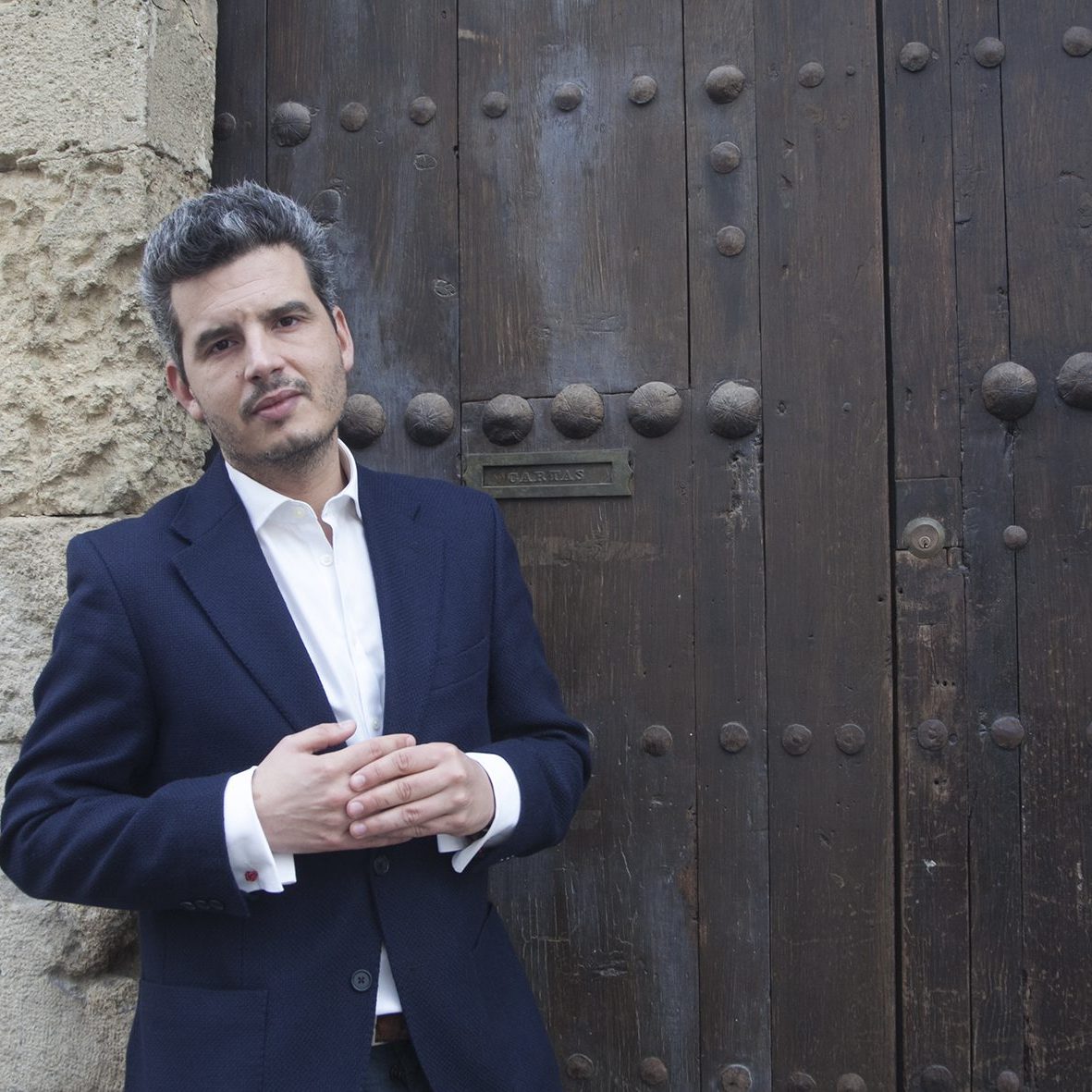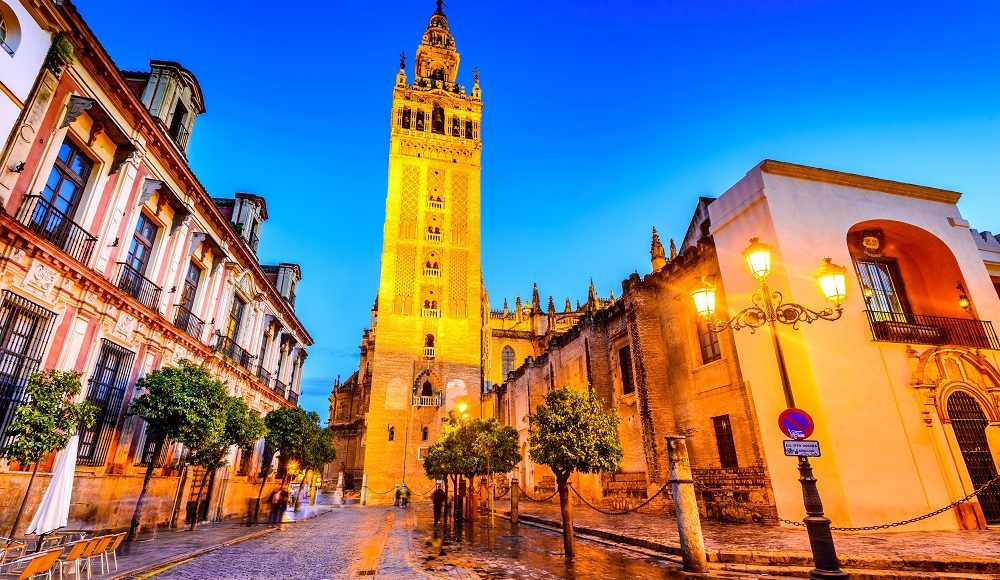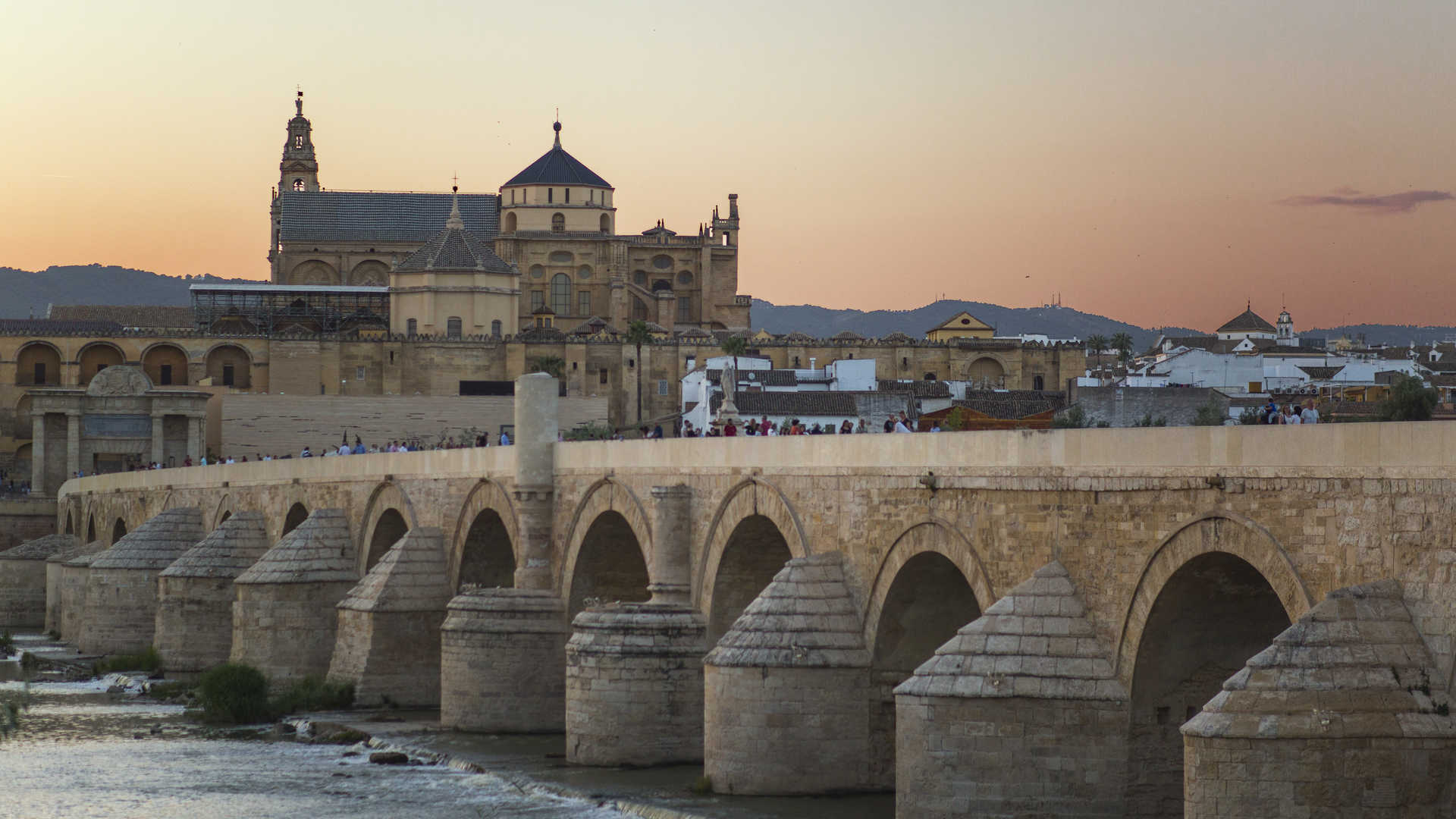Introduction
Andalusia has a very rich and diverse Jewish history. The contribution to Judaism made by the Andalusian Jewish community during its Golden Age either under Muslim or Christian rulers is very significant. Jewish identity would not be as rich and diverse as it is today without the philosophy, religious poetry, literature, liturgy, and science developed by Jews in Spanish Middle Ages.
Footprints from the past are still visible in beautiful medieval Synagogues, Jewish quarters, local food, and handicrafts. Andalusia Jewish legacy is a key element for a better understanding of the diversity of Judaism and the complexity of Spanish identity. We believe that discovering Jewish heritage in Andalusia can be a very inspiring experience for us today.
The Jewish-Andalusian Heritage Route (JAR) is a cooperation network
Formed by various public and private institutions as well as tourism managers, cultural innovators, community leaders and academics that wants to offer a dynamic experience of the Jewish legacy Andalusian both locals and visitors in the cities of Seville, Cordoba, and Granada.
The JAR project wants to make of Andalusia, a meeting point for the study, and for a living experience, of Jewish culture in Spain, as well as for intercultural dialogue based on the experience of the Spanish Jewish legacy and its encountering with other religions, traditions, and cultures during the Middle Ages in Sepharad and throughout the Mediterranean after the expulsion in 1492.ç
Why Andalusia? What can Andalusia teach us today?
Andalusia housed the most flourishing Jewish community of the 10th century. The peace, stability and economic and cultural splendor that facilitated the establishment of the Umayyad Caliphate in the city of Cordoba, as well as the network of great cultural centers to which Cordoba belonged, were the basis for the community of Córdoba and Andalusia to become a source of inspiration for the entire Jewish world.
The Jewish sages of Andalusia loved the Torah but understood existence and Judaism as a whole that encompassed religion, spirituality, science, poetry and literature, music, medicine and philosophy. We are sure that the great rabbis of Sepharad would not feel too far removed from those of us who today see Judaism as a civilization and a culture in dialogue with itself and with the other civilizations and cultures of the world. An integrating vision that is necessary today more than ever.
We cannot understand Judaism today without what happened in Andalusia. More than ten centuries later, Andalusia has much to teach the world.
In June 2009, President Obama presented Córdoba and Andalusia in his speech at the University of Cairo as an example to follow. He said: “Islam has a proud tradition of tolerance. We see it in the history of Andalusia and Cordoba”. We are currently working with the bishopric of Córdoba and the Spanish Islamic Board to make of Córdoba a place where Jewish, Christian and Muslim leaders meet again around dialogue, study and coexistence.
Our commitment to sustainable tourism
We are committed to a sustainable vision of tourism that has a positive impact on the local population and that serves as an enriching experience for the visitor. That is why we see sustainable tourism and collaboration with other entities as means to support our project.
The World Tourism Organization defines Sustainable Tourism as “Tourism that takes full account of its current and future economic, social and environmental impacts, addressing the needs of visitors, the industry, the environment and host communities”
Tourism is a main industry in Spain and Andalusia is one of the biggest players in the cultural tourism industry. In the city of Cordoba, the old synagogue alone receives more than 3,000 visitors every day. This shows the interest our visitors have in the Andalusian Jewish legacy.
There is a great demand, both from Jewish and non-Jewish audiences. Many of our visitors not only want to visit these enclaves, but they also want to deepen their knowledge as well as have a living experience of this legacy.
We firmly believe that thanks to sustainable cultural tourism we can make Andalusia a place where to study and experience Judaism more than 500 years after the expulsion. Andalusia can be a great place to learn from a legacy that shaped the Judaism we have received; a meeting place for Jews of diverse origins and sensibilities, as well as a place where diverse cultures and religions can dialogue.
Andalusia can be a showcase for a more inclusive vision of Judaism, as well as for the values of the European family and our democracies.
And this project will be a sustainable project because it will be sustained thanks to the income of responsible tourism that values and cares for our heritage, and thanks to our cooperation with other partners and institutions.
Explore the cities on this route

Haim Casas
Haim Casas is Makom Sefarad´s executive director and the manager of the Jewish Andalusia Heritage Route.
After graduating from the Law School of the University of Seville (Spain), he committed himself to the recovering of Jewish Spain. He started in 2005 with a Spanish couple, who shared the passion for Sephardic Judaism, Casa de Sefarad, the Jewish museum of Cordoba (Spain). Meanwhile, along with other Jewish leaders, he started Beit Rambam, the first progressive congregation in South of Spain. In 2010, he opened Casa Mazal, a Cultural Café devoted to Sephardic gastronomy.
On 2012 he started his Rabbinic training at Leo Baeck College in London. He was ordained on 2017. He cooperates with some Jewish communities and cultural organizations in the UK, France, Switzerland, and Spain.
He is currently carrying out his doctoral research at the University of Córdoba on the means of transmission of Judaism among the population of Jewish converts at the time of the Spanish Inquisition.
Rabbi Haim Casas is the first Andalusian born rabbi in 500 years.


